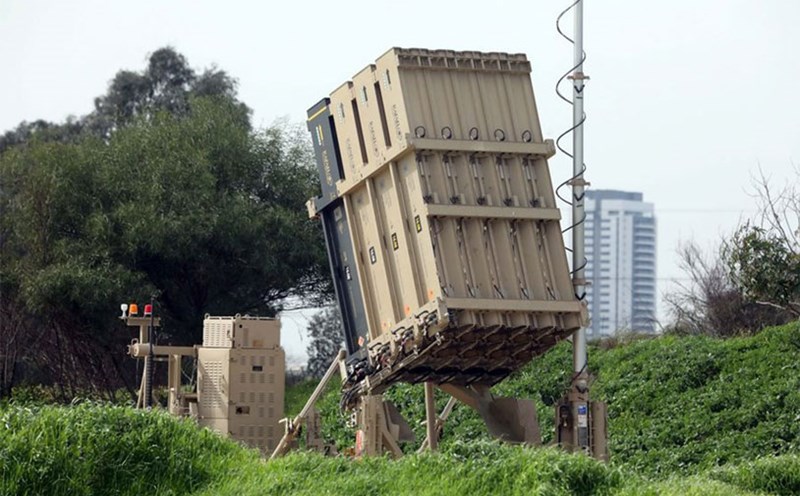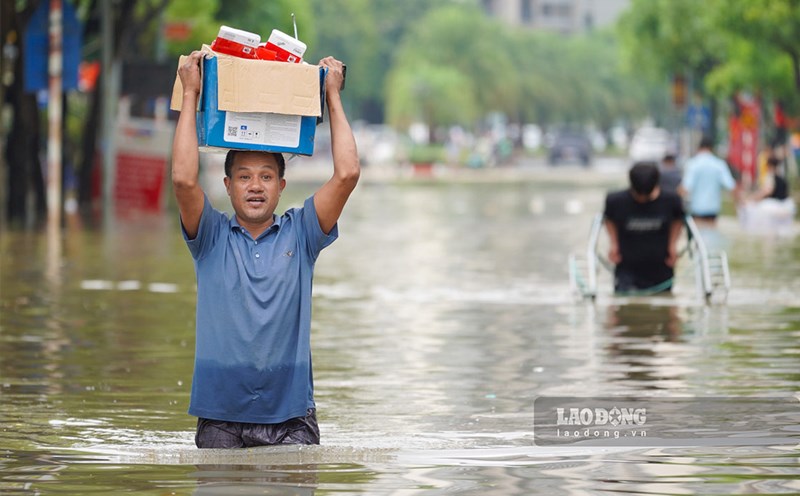On September 30, the Sanaa-based Humanitarian Activities Coordinating Center (HOCC) said it had added 13 companies, 9 executives and 2 US ships to the sanctions list in response to the sanctions Washington has imposed on the Houthis this year.
HOCC was established in 2024, to serve as a bridge between the Houthi forces and commercial shipping companies.
Among the companies sanctioned are two large US oil and gas holdings that are expected to be affected, ExxonMobil and Chevron. Exxon declined to comment, while Chevron did not immediately respond.
The ultimate goal of sanctions is not the sanctions themselves, but to promote positive behavioral change, HOCCs announcement said.
HOCC did not specify how the sanctions would be, but independent Middle East analyst Mohammed Albasha warned that it is not possible to rule out the possibility that the Houthis will start attacking ships related to organizations, companies and individuals on the sanctions list.
However, Albasha, founder of US-based risk consulting firm Basha Report, still believes that the move is unlikely to affect the oil market, as most of the transactions in the region are conducted by Chinese, Russian, Iranian and Gulf countries.
According to Mr. Albasha, the Houthis want to maintain good relations with the above partners.
Meanwhile, the US Energy Information Administration (EIA) said that HOCC's campaign has barely affected the important oil flow through the Hormuz Strait - located between Oman and Iran, connecting the Gulf of Bas with the Gulf of Oman and the Arabian Sea.
Since 2023, the Houthis have carried out repeated attacks on cargo ships in the Red Sea, targets they say have ties to Israel, to show solidarity with Palestinians and its ally Hamas in the war in Gaza.











